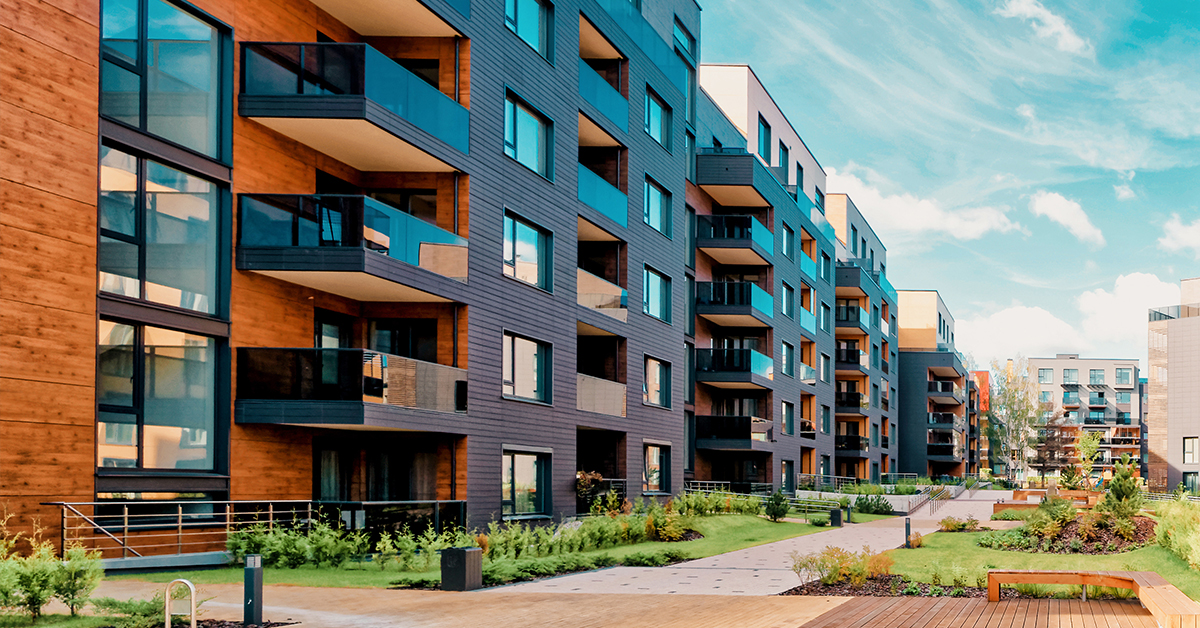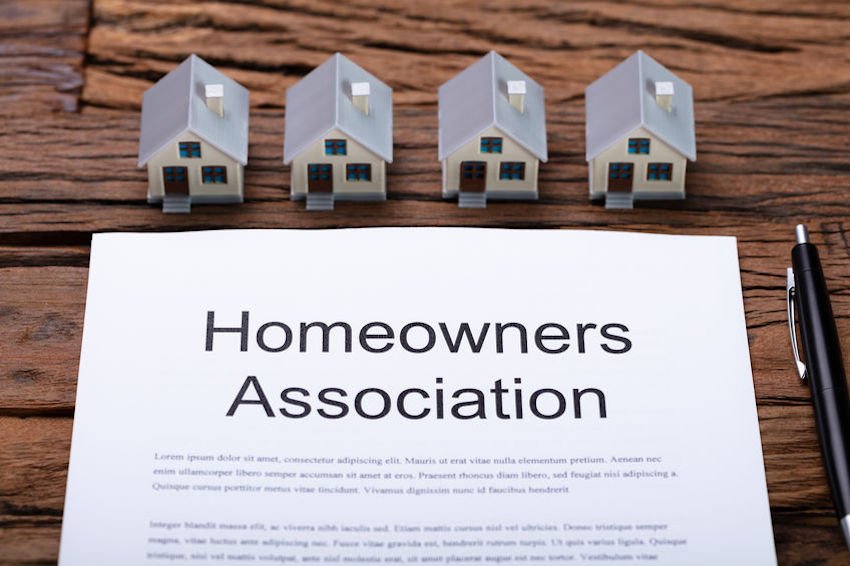Explore the Future of HOA Condo Developments
Wiki Article
The Role of an HOA in Developing and Enforcing Community Standards for Homeowners
The function of a Homeowners Association (HOA) in establishing and imposing community guidelines is basic to maintaining a orderly and cohesive property setting - hoa condo. By creating clear policies that govern facets such as property maintenance and community conduct, the HOA not just sets requirements for residents but likewise promotes a feeling of belonging and accountability. The execution of these standards can present various challenges, elevating inquiries regarding neighborhood, interaction, and justness involvement. As we check out these intricacies, it becomes apparent that the effect of an HOA expands much beyond plain guideline enforcement.Comprehending Home Owners Organizations
Homeowners organizations (HOAs) offer as governing bodies for residential communities, playing an important function in maintaining residential property worths and cultivating a feeling of area. Generally formed by designers, HOAs are made up of house owners within a designated area that elect a board to supervise the organization's activities. The main features of an HOA consist of implementing neighborhood regulations, handling typical locations, and organizing community events.HOAs run under a set of controling documents, including conditions, limitations, and agreements (CC&R s), which lay out the civil liberties and responsibilities of property owners. These laws intend to guarantee that homes are maintained to a particular requirement, thereby safeguarding the visual charm and total value of the community. Additionally, HOAs often accumulate fees from homeowners to fund upkeep, landscaping, and other area services.
The existence of an HOA can dramatically influence the living experience within a neighborhood (hoa condo). While some homeowners appreciate the organized atmosphere and amenities given, others might find specific laws limiting. Balancing the passions of all home owners is vital for an HOA to work effectively, ensuring that it serves its designated function of enhancing area living while valuing individual homeowner legal rights
Developing Neighborhood Guidelines

To start, an HOA needs to carry out surveys or convene that permit citizens to articulate their tips and concerns. This participatory process cultivates a sense of ownership and boosts conformity. Next, the HOA board must assess the comments to recognize common motifs and priorities that require formal incorporation in the guidelines.
It is likewise vital to ensure that the standards are clear, succinct, and easily understood. Ambiguities can lead to misconceptions and disputes, weakening the purpose of the guidelines. The standards ought to be comprehensive, covering different facets of neighborhood living, including property maintenance, noise degrees, and usage of usual areas.
Enforcement of Guidelines
Efficient enforcement of community regulations is vital for preserving order and making certain that all citizens comply with the established guidelines. An HOA must carry out a structured strategy to apply these regulations, which often entails a combination of monitoring, communication, and fines for non-compliance.First, normal inspections and area patrols can help recognize offenses, guaranteeing that guidelines are continually used throughout the neighborhood. This positive monitoring allows the HOA to resolve concerns prior to they intensify, promoting a sense of liability among homeowners.
2nd, clear interaction is crucial. Citizens should be informed of the rules and the treatments for reporting infractions. An open line of interaction urges locals to voice worries and seek explanation on guidelines, which can boost compliance.

Finally, when offenses occur, the navigate to this website HOA must impose repercussions as detailed in the regulating files. This may consist of advising letters, penalties, or, in serious situations, lawsuit. It is essential that penalties are applied fairly and constantly to preserve count on within the neighborhood. By successfully imposing guidelines, an HOA can grow a harmonious living atmosphere that shows the collective worths of its locals.
Benefits of HOA Rules
Countless advantages occur from the implementation of HOA regulations, which serve to enhance the high quality of life within a community. One primary benefit is the upkeep of property worths. By applying requirements for great post to read appearances and upkeep, HOAs make certain that homes and typical locations continue to be appealing, cultivating a desirable living setting that can cause enhanced building values with time.In addition, HOA guidelines advertise consistency and harmony within the community. This comprehensibility in style and upkeep helps to develop a feeling of belonging among residents, adding to community pride and a favorable environment. In addition, developed standards help with dispute resolution amongst neighbors by giving clear assumptions and protocols for behavior, thereby decreasing disagreements.
Another significant benefit is the arrangement of common services and services. Several HOAs handle community facilities such as swimming pools, clubs, and parks, which boost leisure chances for homeowners. These services not only improve the top quality of life however also motivate social communication.
Ultimately, the guidelines established forth by an HOA grow an efficient, unified area, making certain that homeowners enjoy a high criterion of living while cultivating an encouraging atmosphere for all homeowners.
Typical Obstacles Dealt With by HOAs
In the middle of the advantages that house owners organizations (HOAs) can supply, they also run into a selection of obstacles that can hinder their efficiency. One substantial problem is the lack of resident engagement. Many property owners might not join meetings or neighborhood activities, bring about a disconnect in between the HOA board and locals. This disengagement can result in misconceptions about community guidelines and a lack of assistance for enforcement efforts.Disputes can arise when homeowners really feel that enforcement is inconsistent or prejudiced, possibly leading to disputes within other the community. In addition, HOAs usually deal with financial restrictions, which can restrict their capacity to keep usual locations or fund area projects.
In addition, navigating legal complexities can be daunting for HOAs. They must ensure conformity with state regulations while handling their own governing records, which can be a source of confusion. Progressing and changing demographics area needs need HOAs to adjust their guidelines, typically meeting resistance from enduring residents that are accustomed to conventional standards. Dealing with these obstacles is crucial for fostering a harmonious and flourishing area.
Conclusion

By developing clear regulations that regulate elements such as building maintenance and neighborhood conduct, the HOA not just establishes requirements for citizens yet additionally cultivates a sense of belonging and liability.Homeowners organizations (HOAs) offer as governing bodies for domestic areas, playing a crucial function in keeping residential or commercial property values and promoting a sense of community. Several home owners might not get involved in conferences or neighborhood tasks, leading to a separate between the HOA board and locals. Transforming demographics and progressing neighborhood needs need HOAs to adjust their standards, usually meeting resistance from enduring citizens who are accustomed to typical standards. With the development of clear guidelines and regular enforcement, HOAs promote building upkeep, neighborhood satisfaction, and trust among residents.
Report this wiki page